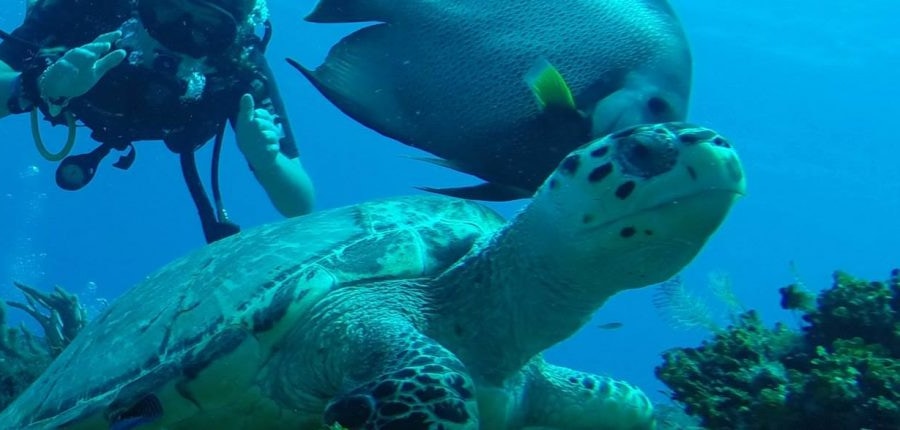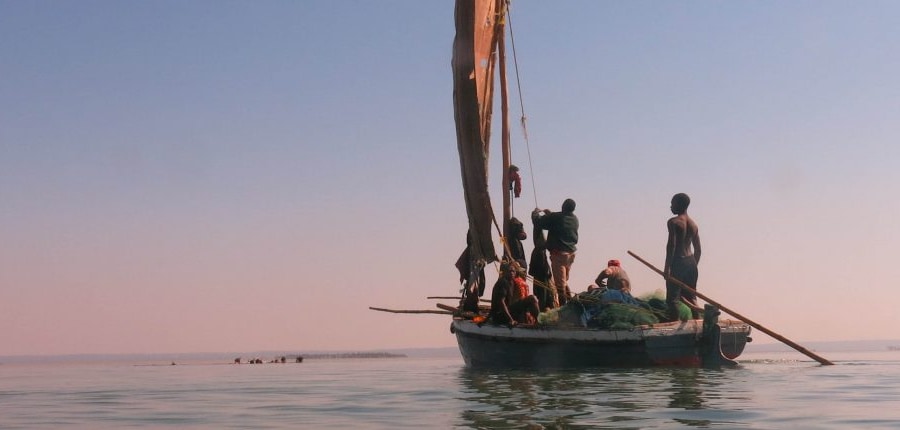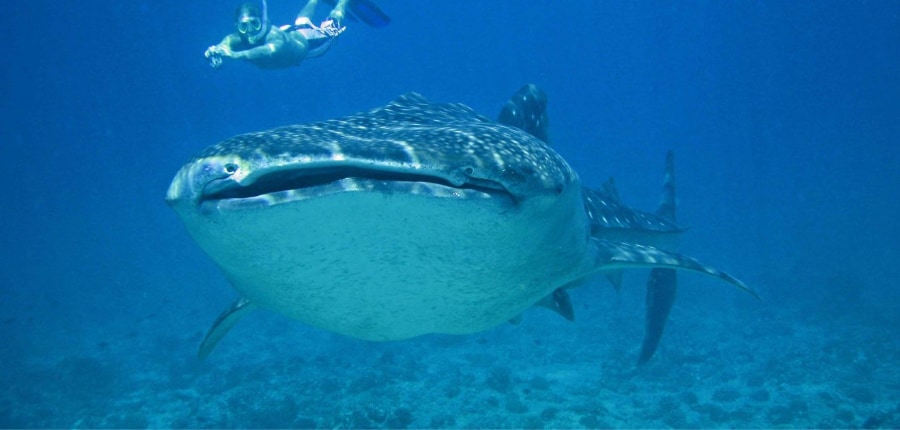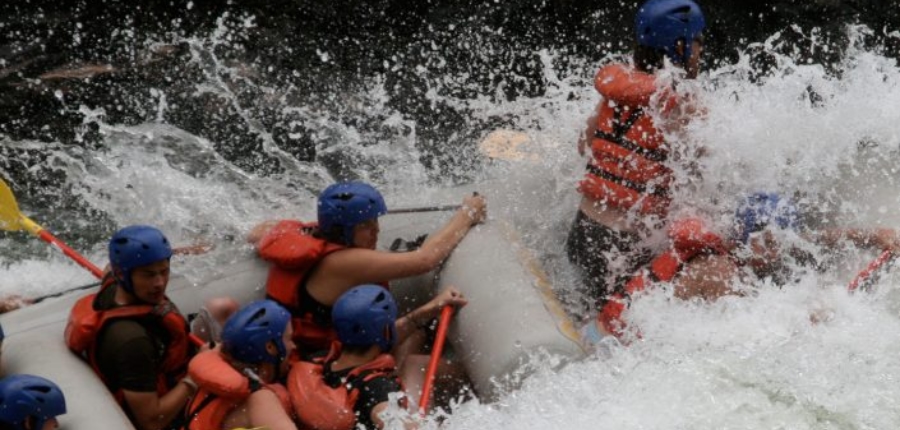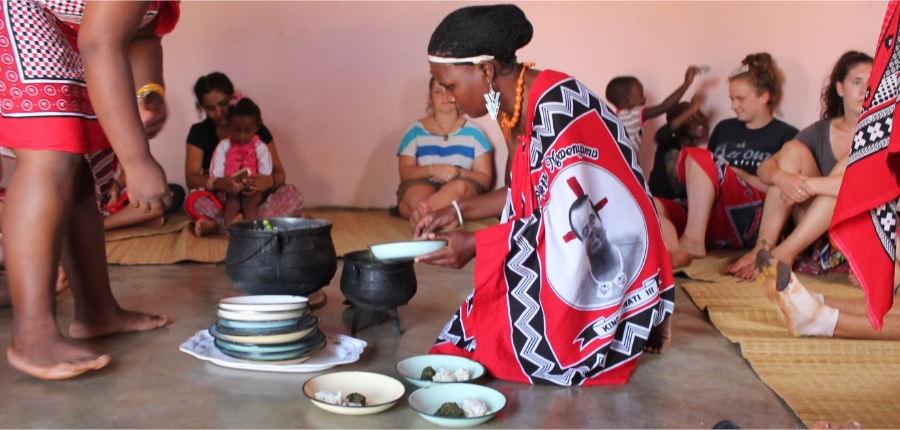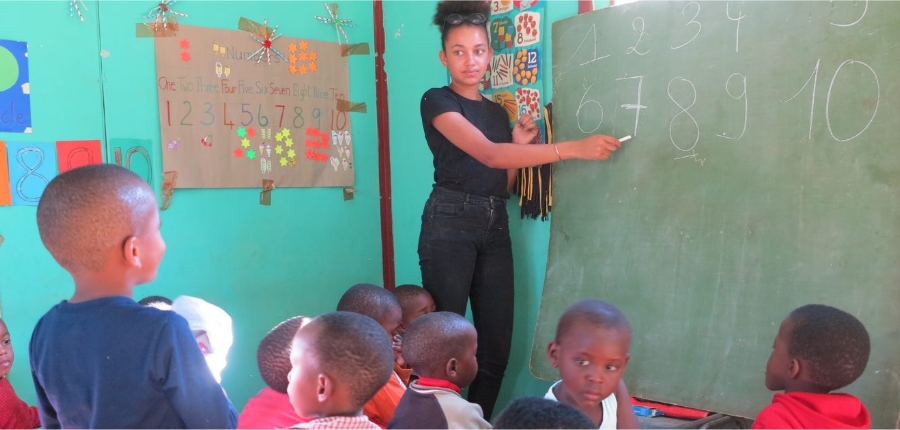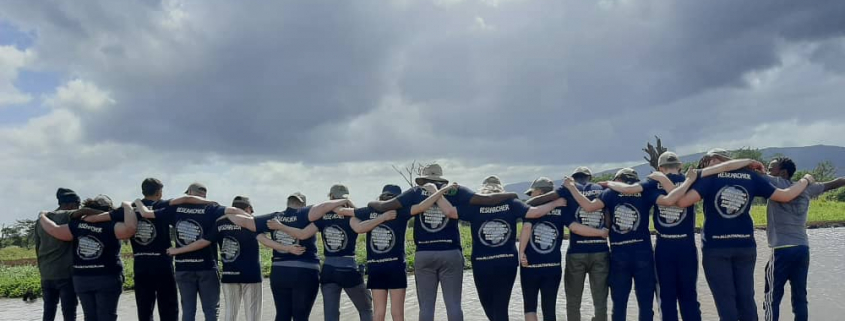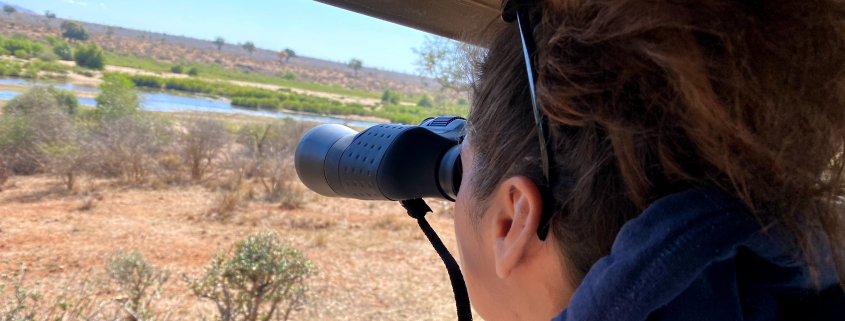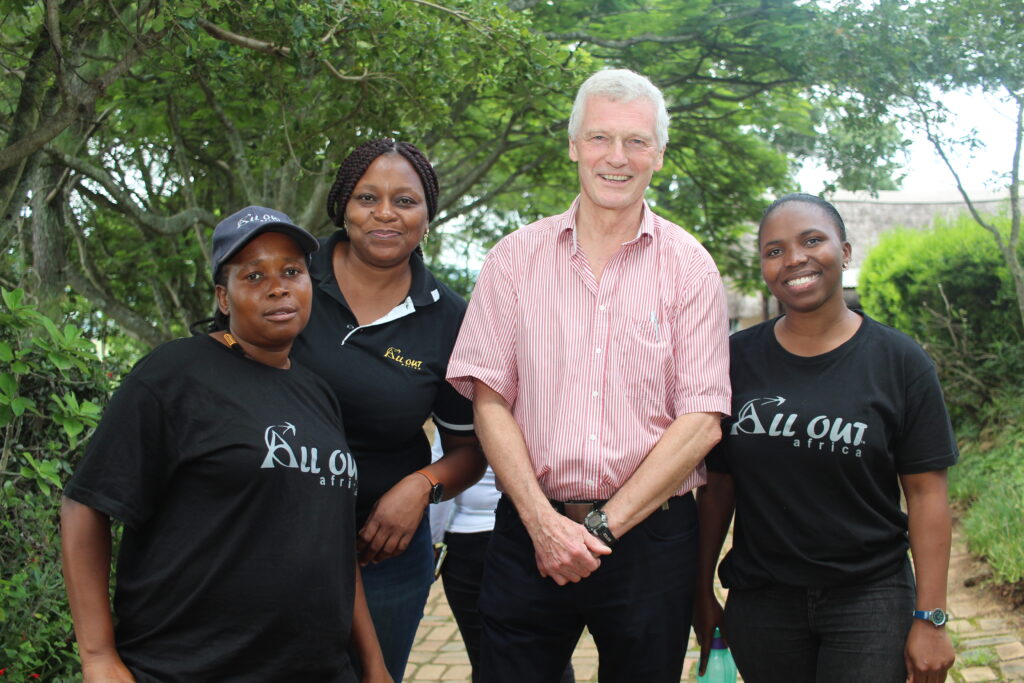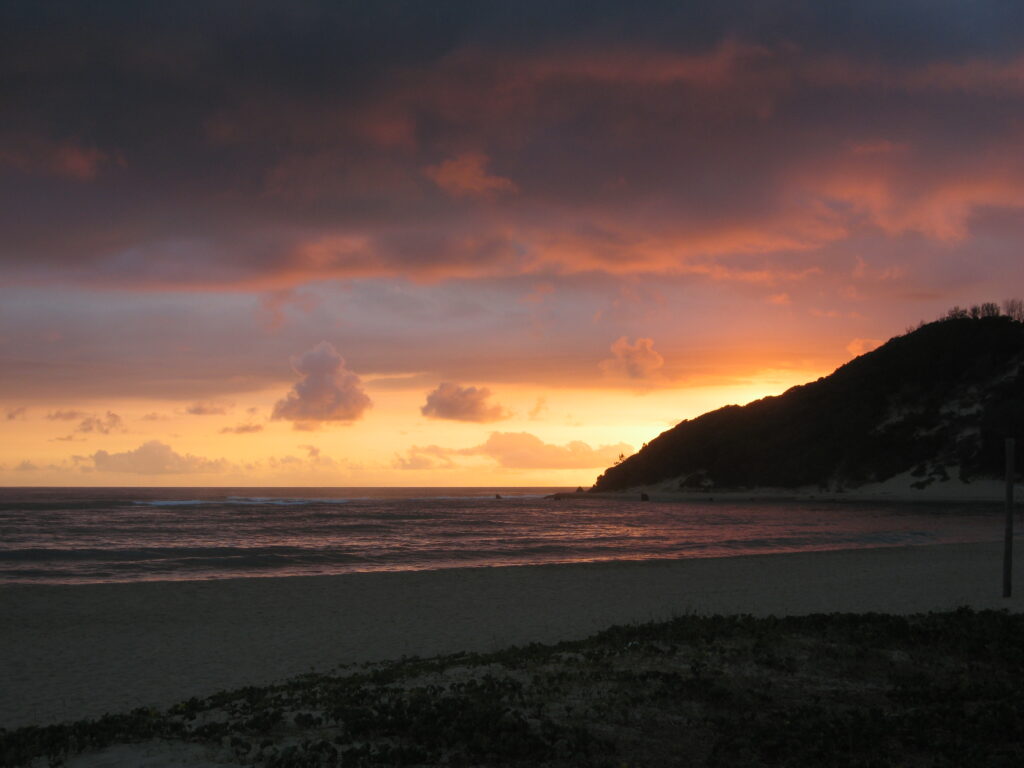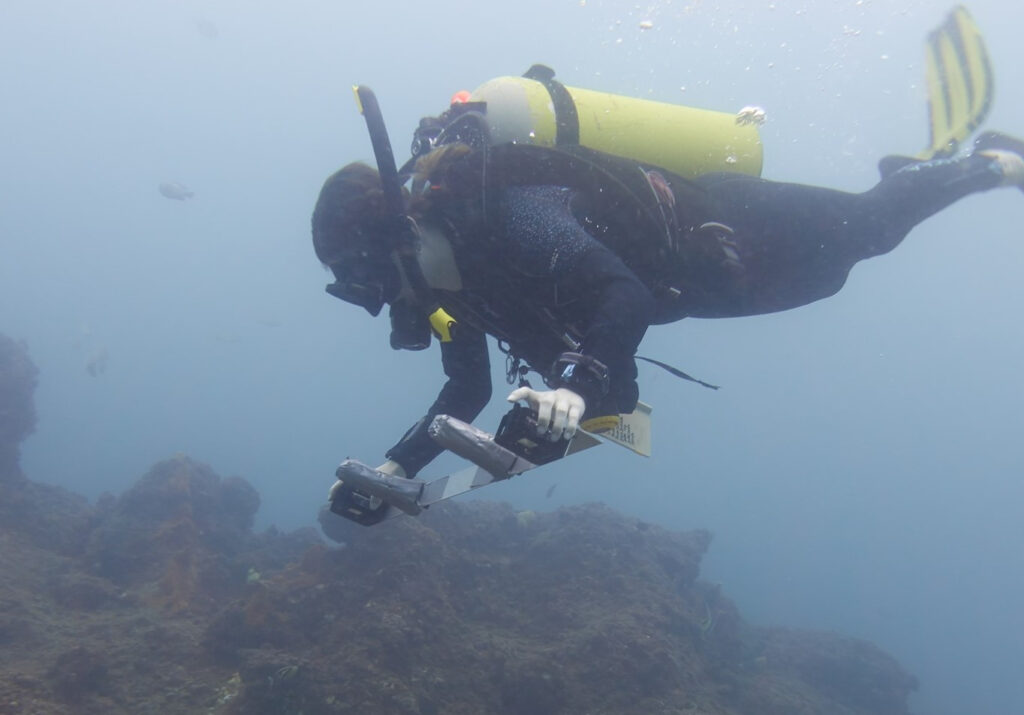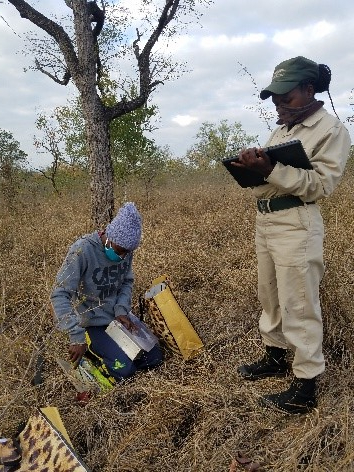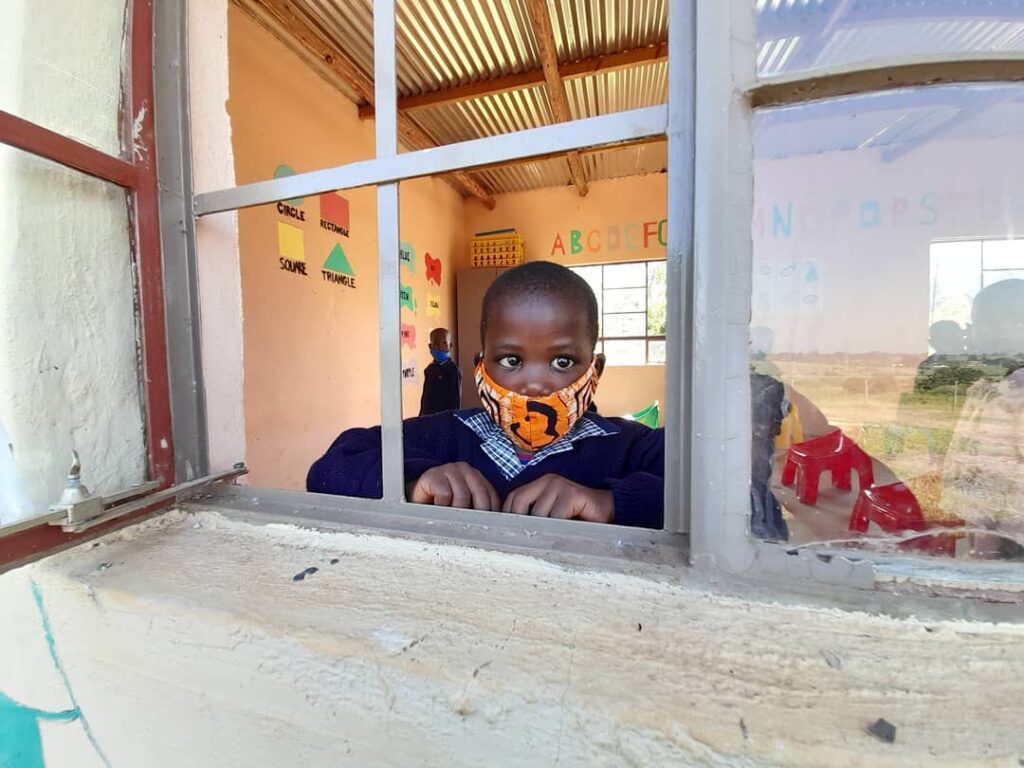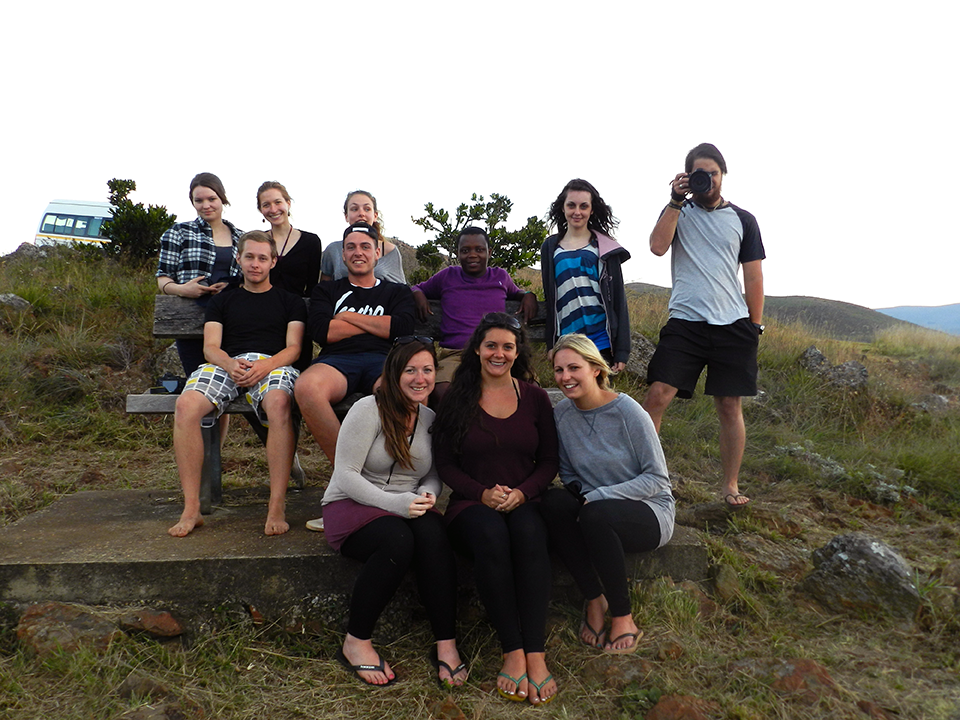[av_heading heading=’One Volunteer’s Story: Meeting The Whale Sharks Of Mozambique’ tag=’h3′ style=” size=” subheading_active=” subheading_size=’15’ padding=’10’ color=” custom_font=”][/av_heading]
[av_slideshow_full size=’featured’ stretch=” animation=’slide’ autoplay=’false’ autoplay_stopper=” interval=’5′ control_layout=’av-control-default’ perma_caption=” src=” position=’top left’ repeat=’no-repeat’ attach=’scroll’][/av_slideshow_full]
[av_textblock size=” font_color=” color=”]
It was on a sweltering afternoon back in July 2010 that I first arrived in Inhambane, on the southern coast of Mozambique. It had been a long journey, and one that began some months previously in Hong Kong’s Dried Seafood Street. There, I understood for the first time the almost incomprehensible scale of the global shark finning industry, translated in shelves upon shelves filled with dried fins- including, most memorably, the shrivelled caudal fin of a whale shark recognisable by its huge size and iconic spotted markings. Since I can remember, I have loved the ocean- and in particular, I have always had a special affinity for sharks. There is something utterly mesmerising about these apex predators, and I was appalled to see them reduced to nothing more than dried cartilage, measured and priced by the kilo. It was an image that stayed with me long after I returned to England, and after a while, I knew that I needed to find a way to counter the irrevocable damage being done to the planet’s sharks and to our oceans as a result.
My background is creative rather than scientific, and as such I struggled to think how I could make any meaningful impact in the world of shark conservation. I spent hours browsing the internet for inspiration, until eventually I stumbled upon All Out Africa’s Marine Research And Whale Shark Conservation project. I had found what I was looking for- an opportunity to actively contribute towards the conservation of several ocean species without the need for a marine biology degree. It would also enable me to encounter whale sharks in their natural environment- something that seemed especially fitting given that it was the sight of the dried whale shark fin that had been haunting me ever since I returned from Hong Kong. I got in contact with All Out Africa, and within months, I was on my way. It was the first time I had travelled without the support of friends or family, and it was with equal amounts of excitement and trepidation that I boarded the first of the three flights that would take me to my final destination.
I need not have worried. I met two of the other nine volunteers on my project en route, and by the time we arrived in Inhambane and had rendezvoused with the rest of the group, I no longer felt as though I was travelling alone. One of the project coordinators, Messias, met us at the airport- and within minutes, we were en route to Praiha do Tofo, the project’s location and our home for the next month. Accessed by shuddering dirt roads and shaded by graceful palms, Tofo has earned a reputation in recent years as a diver’s paradise. It is globally renowned as one of the best places in the world to encounter whale sharks, boasting one of the largest known populations of this enigmatic species. Research conducted by several internationally-renowned scientific organisations suggests that the Tofo area provides a critical opportunity for transient juvenile whale sharks to feed and mature, thanks to the corridor of warm, plankton-rich water that runs along Mozambique’s southern coast.
Research like this is of vital importance, as it informs the legislation that allows protective measures to be put into place- thereby safeguarding the future of these ocean giants. All Out Africa’s Marine Research And Whale Shark Conservation project collaborates with groups already working in the area to collect important data about Tofo’s whale sharks. This includes recording the sharks’ gender, size, and behaviour; and most importantly, taking photos that can later be updated to a global whale shark identification database. All Out Africa’s Tofo project isn’t all about whale sharks, however. It also gives volunteers the opportunity to learn research techniques that apply to other marine species including manta rays, turtles, and humpback whales. In essence, it allows those with a passion for the ocean to immerse themselves in every aspect of its conservation.
We learned the basics of the research techniques that we would be using on our very first night in Tofo, with a presentation given by our volunteer coordinator on the deck of our new house. I have to admit that our surroundings made it hard to concentrate- the deck faced directly onto the beach, and the sight of the full moon casting its pathway of silvered mercury upon the ink-black surface of the sea was quite mesmerising. That evening, I lost two things to Tofo in quick succession. The first was my shoes, for which I had no need in a town that lent itself perfectly to a barefoot existence. The second was my heart, stolen by the waves as they whispered upon the nearby shore. The next month passed with frightening speed in a veritable blur of new experiences. We snorkelled with whale sharks and manta rays, recording data and taking photos of each one we encountered. We completed transects of Tofo’s spectacular reefs on scuba, using indicator fish species to gauge the health of the reef ecosystem. We scaled the breathtaking sand dunes at the southern end of the beach, in order to count humpback whales on their annual migration through Mozambican waters.
Every night that I spent in Tofo, I went to sleep knowing that that day, I had lived my life to the full. Every morning, I woke up breathless with excitement at the thought of the day to come. It was, up until that point, the happiest time of my life. There were highlights, of course, stand-out moments that even now, five years later, have not dimmed with the passage of time. One was my first whale shark encounter, in which I was able to swim for some minutes alongside the shark, watching the sunlight dance in filigree patterns of shimmering gold across her gargantuan form before she disappeared back into the blue from which she came. Another was the humpback whale that came to investigate our group during our last scuba dive. It was the white of her pectoral fins that first alerted us to her presence, before the great curve of her pleated throat became decipherable on the very edge of visibility. A third was the afternoon we spent at one of the rural schools near Tofo, using broken English and hand signals to convey to the children there the importance of marine conservation.
Towards the end of my time in Tofo, I found myself counting my dwindling days in paradise with an increasing sense of dread. I didn’t want to leave our home on the beach, or my new friends, or the whale sharks with which I had undoubtedly fallen in love. And yet, inevitably, I was not able to halt the passage of time. After my month ended, I returned to England- but only for long enough to finish my time at university. After that, I became a scuba instructor and relocated to South Africa, where I got a job taking visitors from all over the world to dive with the tiger sharks of Aliwal Shoal. In this way, my experience volunteering with All Out Africa changed my life, inspiring me to pursue a career that I love and teaching me that no matter what your background may be, you have the power to address the things that you believe are wrong with the world. It is my sincere hope that those people that have encountered sharks in South Africa under my guidance have seen in them the magic that I did- and that they too will be inspired to fight for the future of these magnificent predators in their own small way.
As for Tofo, I console myself with the thought that I will one day have to return, if only to reclaim my shoes (and possibly my heart, though I fear that might be gone for good).
[/av_textblock]

